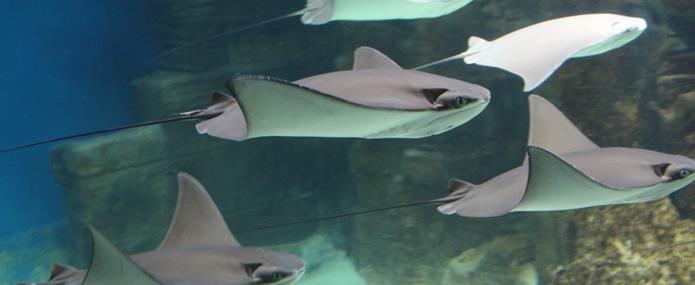Citation
Boyd P. W., Collins S., Dupont S., Fabricius K., Gattuso J.-P., Havenhand J., Hutchins D. A., McGraw C. M., Riebesell U., Vichi M., Biswas H., Ciotti A., Dillingham P., Gao K., Gehlen M., Hurd C. L., Kurihawa H., Navarro J., Nilsson G. E., Passow U. & Pörtner H.-O. (2019). SCOR WG149 Handbook to support the SCOR Best Practice Guide for ‘Multiple Drivers’ Marine Research. 44 p. Hobart: University of Tasmania.
Abstract
Marine species and ecosystems are exposed to a wide range of environmental change – both detrimental (threats) and beneficial – due to human activities. Some of the changes are global, whereas others are regional or local. It is important to distinguish the scale of each threat, as the solutions will differ as they are scale dependent. For example, the mitigation of a global problem requires a global response, which is more difficult to achieve than addressing a local problem with a local response. These wide-ranging changes are often referred to drivers or stressors.


